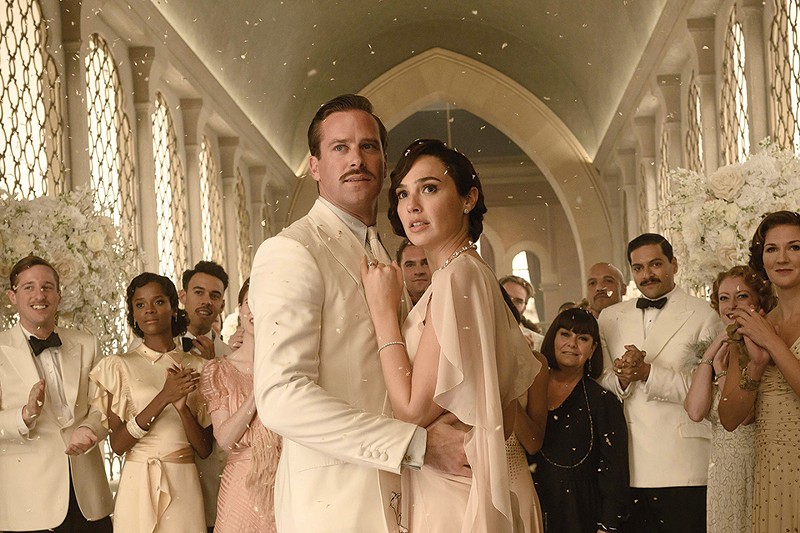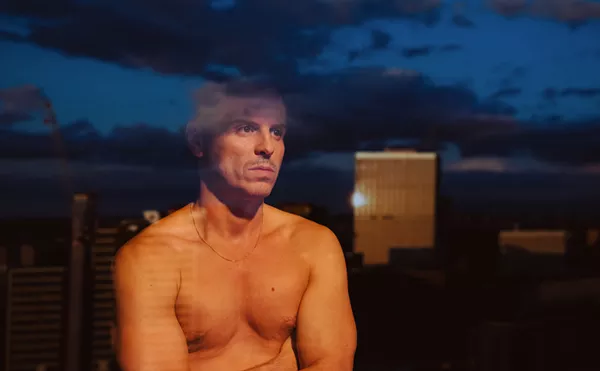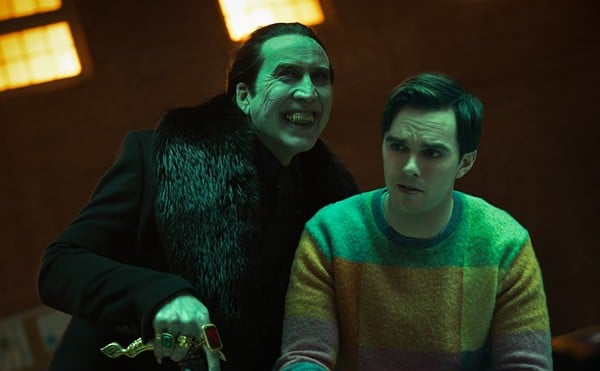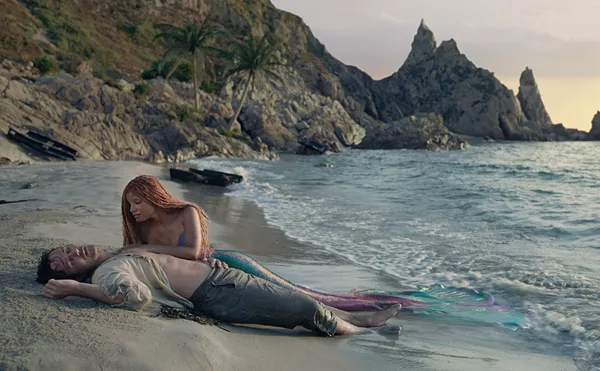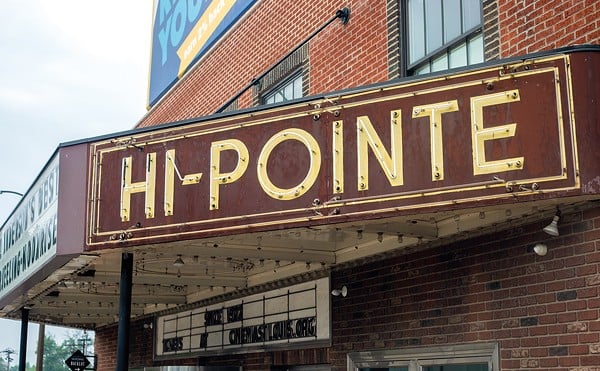There's something to be said for an unapologetically big-budget whodunit premiering midwinter, mid-omicron, after a two-year COVID-fueled delay. There's also something to be said for any film in which Russell Brand is cast as a bespectacled medic, Sophie Okonedo busts out Depression-era jazz standards, or a former Absolutely Fabulous star plays a lesbian socialist — who happens to get all the best lines.
When he isn't dangling Belfast as wholesome bait for an erstwhile famished Academy, Kenneth Branagh likes to have a bit of fun. Death on the Nile, the second installment of his directorial take on Agatha Christie's Hercule Poirot series, might seem like multiplex folly — and, just to be clear, it is — but it is also a film that, when it zestfully revels in its lack of substance, can be very entertaining.
Like most Christie fare, the narrative premise is rife with socio-economic tensions and domestic turmoil. A free cruise through Egypt lures a motley group of guests to fete the union of Simon Doyle (Armie Hammer) to heiress Linnet Ridgeway (Gal Gadot). When Simon's jilted ex-fiancée, Jackie (Emma Mackey), abruptly boards with a broken heart and lady pistol, Poirot (Branagh) is asked to man the ship with his sleuthy genius. With an ensemble cast that could sink a ship with the weight of its acting trophies — Annette Bening's perhaps the most lethal — Death on the Nile literally offers a little of everything and everyone (including Armie Hammer, whose "cancellation" since 2019 only makes his cad of a character all the more convincing). Is this $160 million movie a ludicrous waste of money? Sure. But it isn't always a waste of talent.
"All the money in the world and she's in the freezer with the hams," observes Dr. Windlesham (Russell Brand) laconically, of the unfortunate dame who's offed in the first act (no spoilers!). Like all signature Christie stories, none of the characters are so incredibly likable that one especially cares if any (or all) must perish, and much of the fun is in anticipating who's the next to go. "She's lovely, of course," quips snotty socialist Marie Van Schuyler (Jennifer Saunders) when Linnet leaves the room. "But she will also be the first against the wall when the revolution comes."
But this wannabe blockbuster loses steam within about an hour, as though confused about whether we are meant to sympathize with these passengers or look forward to their untimely demises. Branagh is best as Poirot when he is openly ridiculous — pronouncing "vegetables" as "veggie-tables" — not as a traumatized World War I hero who's lost the love of his life. And as admirable as some of the deviations from the original plot may be — Sophie Okonedo as Salome Otterbourne, and Van Schyler and Nurse Bowers as lesbian partners — some of the film's more overt attempts at progressivism feel downright risible given the number of nameless Egyptians dotting the background.
Further distracting the viewer from fizzy enjoyment would be the conspicuous motion-capture-like cinematography in any extreme long shots. Think Polar Express meets Clue, and you'll have a sense of I mean. Perhaps Branagh felt that the flagrant Orientalism in Christie's 1938 novel would be easier to witness if the boat floating down the Nile, passing all manner of exoticized locale, didn't really look like a boat floating down the Nile so much as a lurid LSD trip? But if you're going to spend a boatload of money, you might as well do it right. More actual footage of chugging down the world's longest river, and less Disney Jungle Cruise.
Part of what made Agatha Christie the best-selling author of all time was that she played to readers' most base sensibility: the enjoyment experienced not only in anticipating the possibility that someone will die, but in knowing for certain that this someone will die at the hands of another person. There's an honesty to her literary goals — one as profound, possibly, as the plots are not.
What to make of Death on the Nile almost 50 years after Christie's death? Gadot and Hammer have lost much of their luster, and Edward Said is rolling in his grave. But were she still alive, Christie likely wouldn't care. She'd be too busy finishing another novel.

